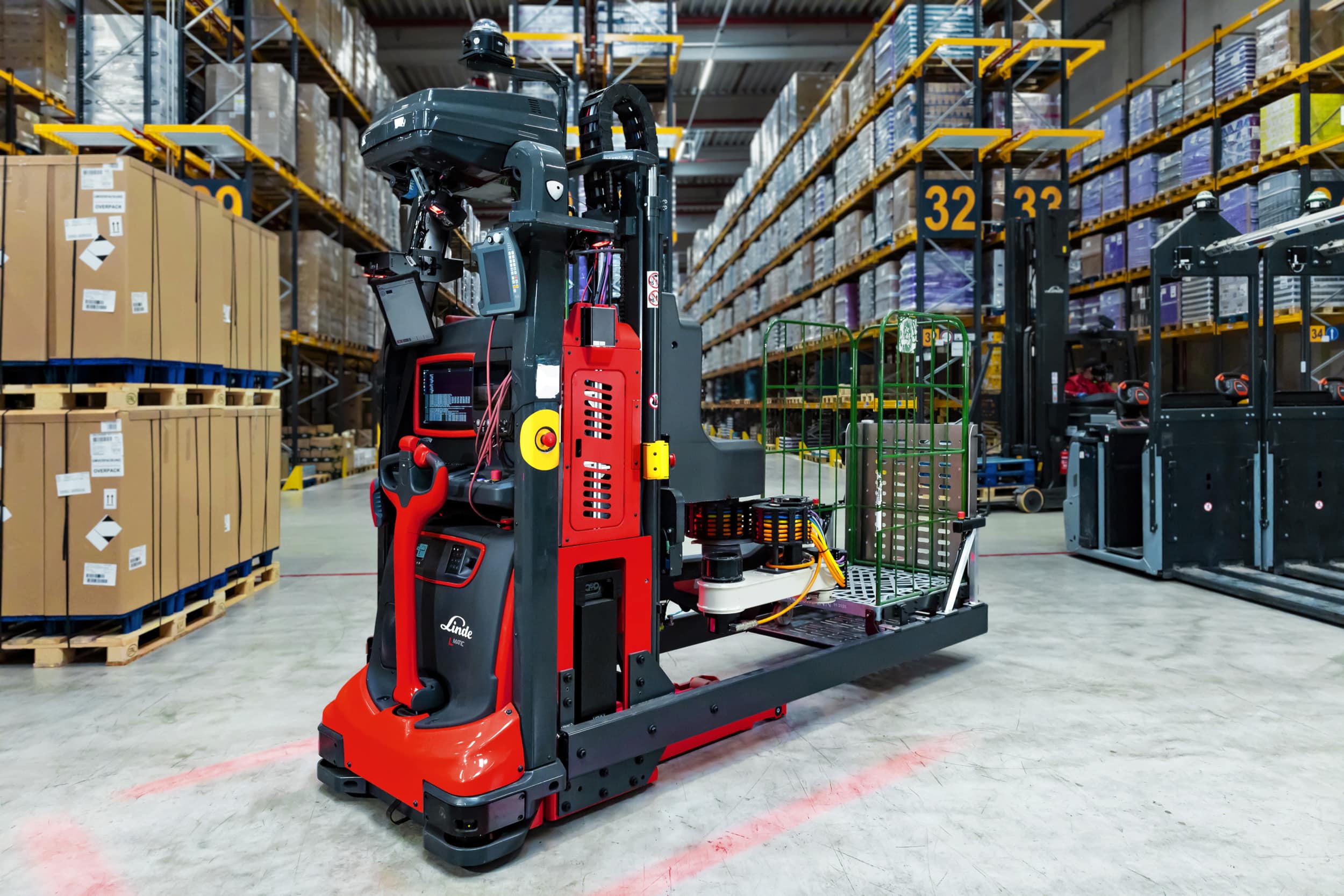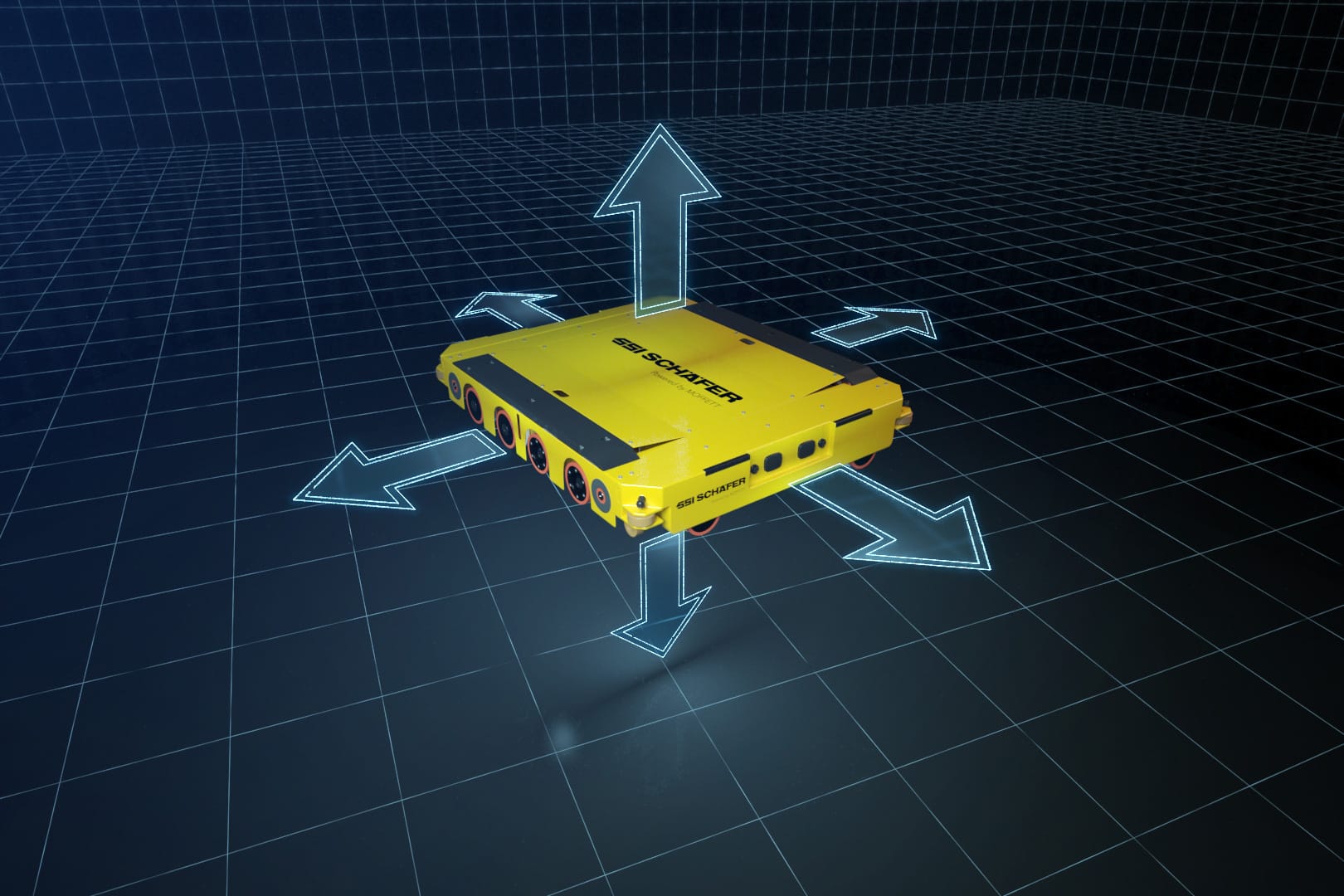
The logistics profession must become sexy!
The Dutch logistics sector excels in efficiency and effectiveness. We should be proud of that. Processes are tightly organized, innovations follow each other in rapid succession, and internationally we are often cited as an example. Yet there is a disturbing undertone: it is becoming increasingly difficult to enthuse young people for a career in logistics. Enrolment in logistics courses is falling, vacancies remain open. Even though the sector is crying out for talent and offers so many opportunities.
How did it come to this? A combination of factors. Too low wages, not enough challenging work, but above all a persistently bad image. Young people are looking for dynamism, innovation and meaning - and they see too little of that in our profession. While logistics is precisely a sector where you work every day with concrete results, where technology and human insight come together, and where the impact on society and sustainability is great.
On top of that, the need for mechanization and robotization has made logistics work increasingly technical. Good in itself, because it increases efficiency and helps us cope with labor shortages. But in the drive toward automation, we sometimes see another problem emerging: a loss of flexibility. Companies strike out, make processes hyper-efficient, but forget to anticipate changes in the market, customer needs or disruptions in the chain. Result: delivery problems, inflexible processes and costly recovery operations. At BLMC, unfortunately, we see this happen all too often. And yes, then they call us to get things back on track. With our expertise, we then ensure that processes not only run, but also become resilient again.
The solution? Always start with the process, not the technology. First, take a hard look at the current and desired way of working, involve the people doing the work, and guard against the necessary flexibility. Take time with the team to understand the work as it is now, and together determine how it should ideally be done. Technology should be a means, not an end. Only then will automation work to support rather than disrupt.
And just as important: as a sector, we must more actively shape the future. Let's not be behind the times in sustainability, but ahead of the curve! Become the sector that develops and implements innovative, green solutions. Show that as a logistics chain we are not only part of the problem, but also part of the solution. That appeals to young people. That makes our profession sexy again.
Logistics is a wonderful industry. Let's work together to ensure that the next generation sees it that way - and above all, that they feel called to help build that future.
The Pen - Sjaak Lekkerkerker – Director of Project & Interim Management at BLMC




